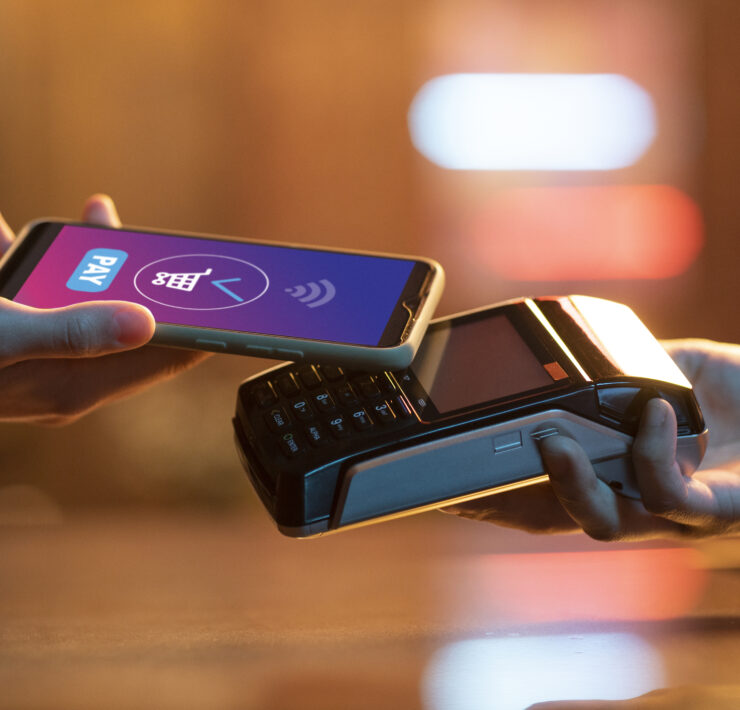Filipino firms spending more on cybersecurity

Filipino companies are allocating bigger budgets for cybersecurity measures to fend off hackers attempting to infiltrate their information technology (IT) systems, signifying heightened awareness of the need to strengthen firewalls, according to a study by Palo Alto Networks.
In its “2025 Cybersecurity Resilience in Mid-Market Organizations” report, Palo Alto noted that local enterprises have raised their year-on-year spending for security software by a significant 47.09 percent, although it did not specify the actual numbers.
An example is a threat detection and response system, which collects and analyzes suspicious behavior on the network, which will then be reported to the security team for further action. Other systems also enable automated response to threats, allowing for a quicker turnaround.
For network security hardware, the study found that Filipino companies had earmarked 38.35 percent more so far this year.
This refers to any physical device that shields computer networks and data from unauthorized access.
In addition, Palo Alto noted that budget allocation for data protection and privacy rose by nearly 38 percent year-on-year.
“It’s encouraging to see the Philippines taking meaningful steps to elevate its cybersecurity efforts,” said Steven Scheurmann, regional vice president of Palo Alto at Asean.
“The increased budgets among mid-market organizations reflect a deeper understanding that protecting digital assets is essential to sustaining business growth and national progress,” he added.
Along with higher budgets, the Philippine companies have been employing the expertise of third-party cybersecurity firms to fortify their digital defense.
The study noted that 61 percent of the respondents rely on partners for cybersecurity. This is seen to grow to 79 percent in two years.
Scheurmann said that “partnerships are crucial to improving threat detection and response, enabling the adaptive, intelligent security needed for the digital future.”
The study surveyed over 2,800 enterprises across 12 countries, including the Philippines.
Yeo Siang Tiong, general manager for Southeast Asia at Kaspersky, previously warned against the rising cases of phishing attacks in the advent of artificial intelligence.
An example is creation of fake websites mimicking popular payment platforms in a bid to trick users into giving their bank account details.
The phishing attacks target both enterprises and consumers. These are distributed via emails, counterfeit websites, messaging apps, social networks and others.




















